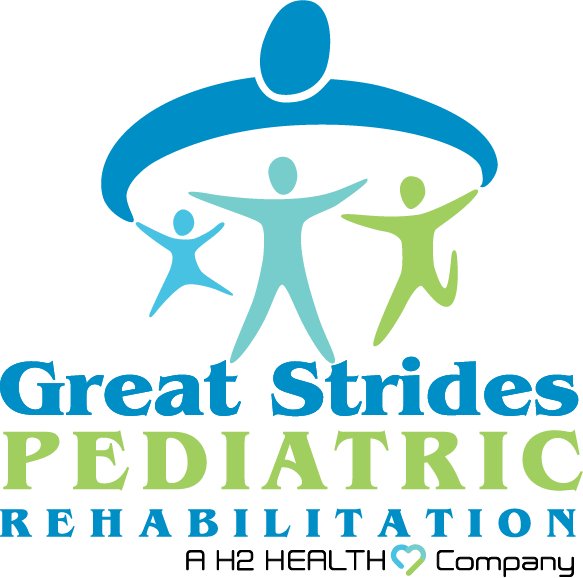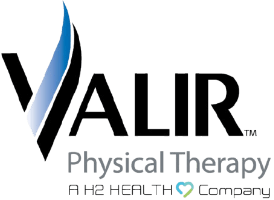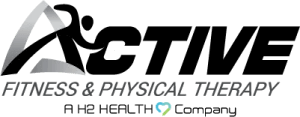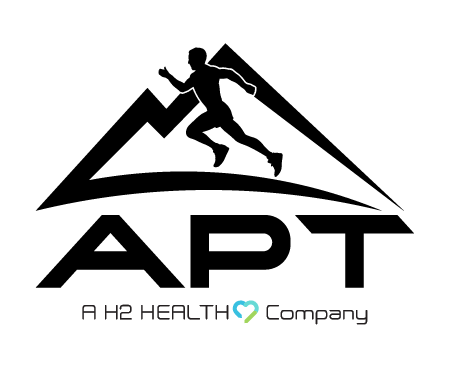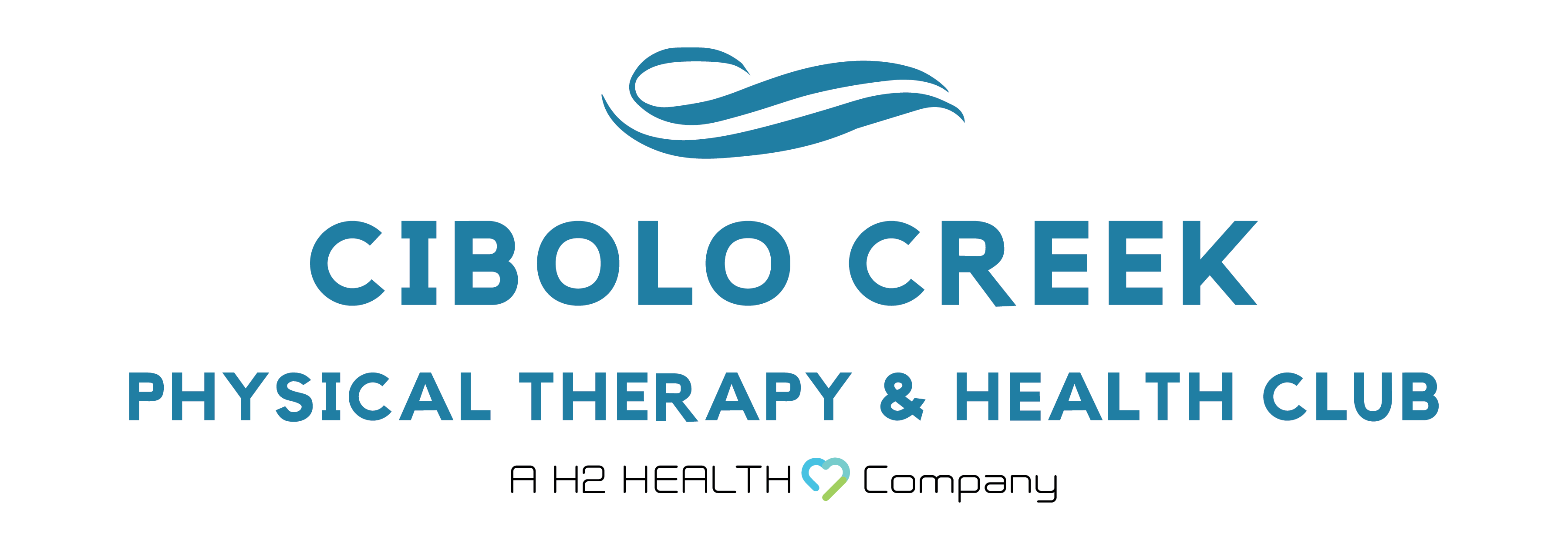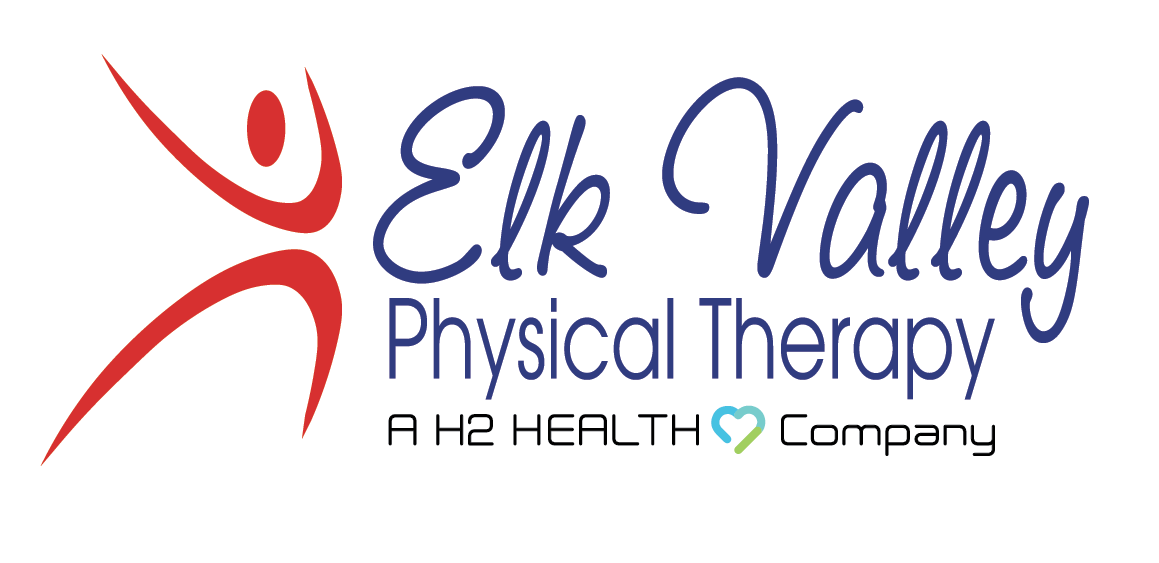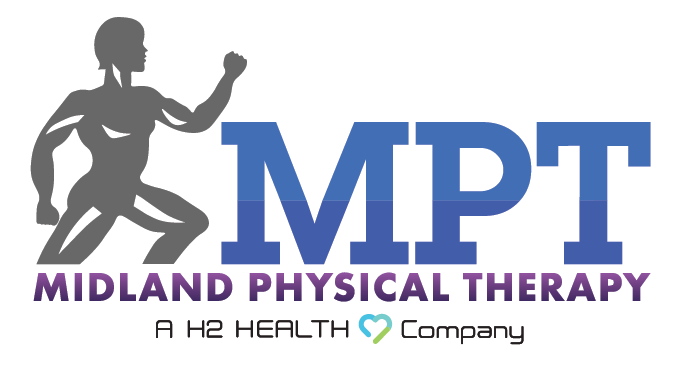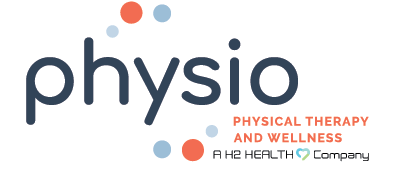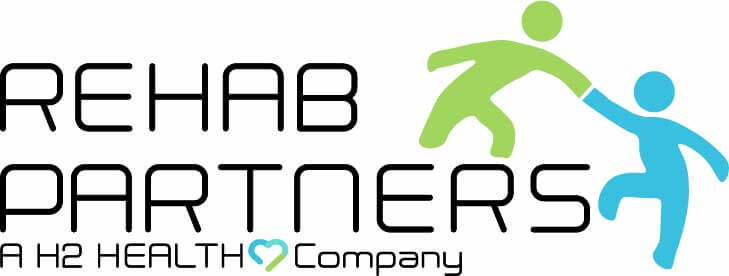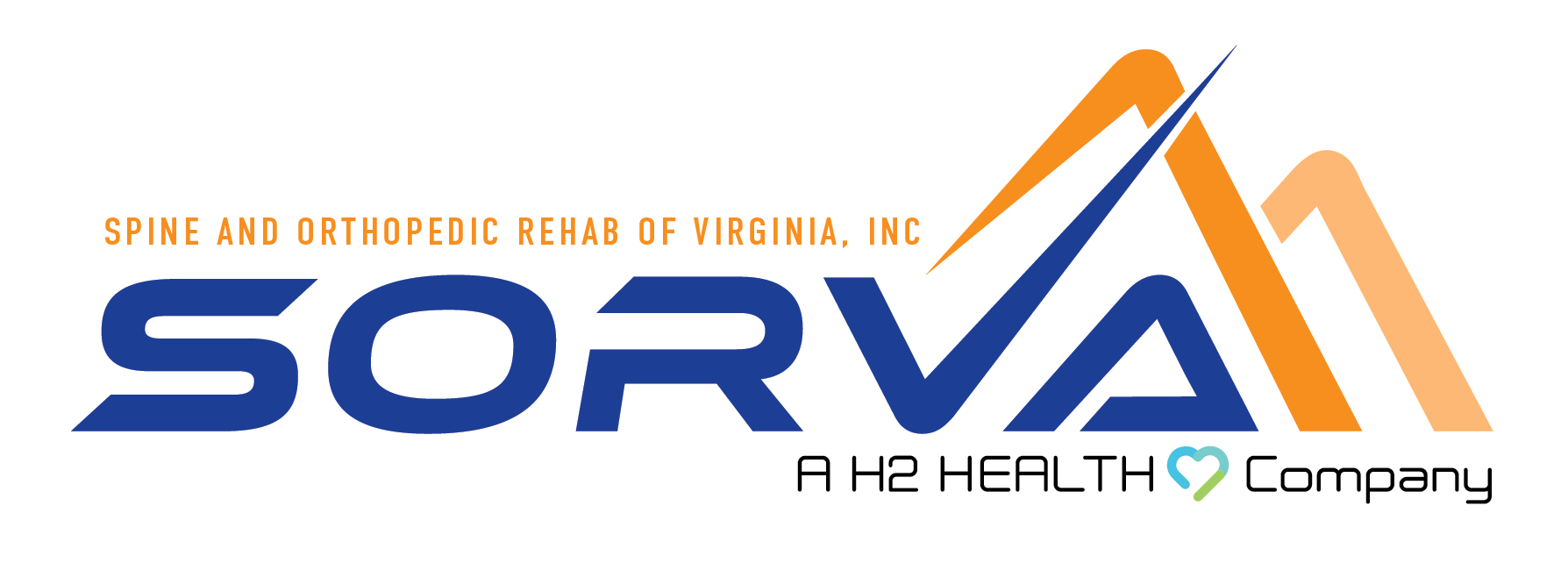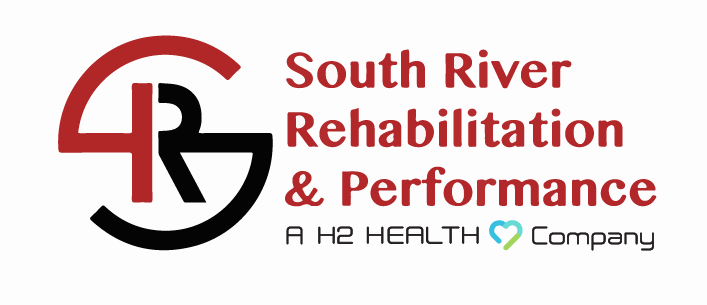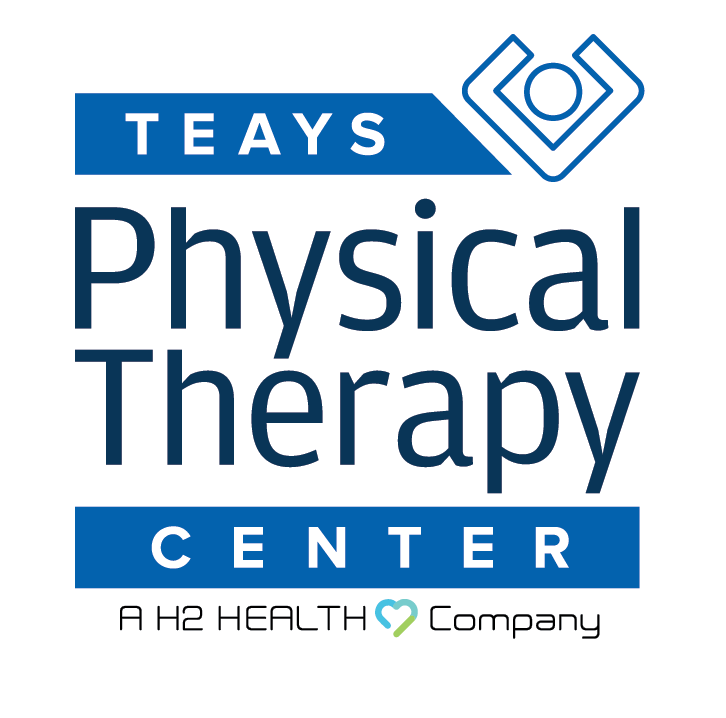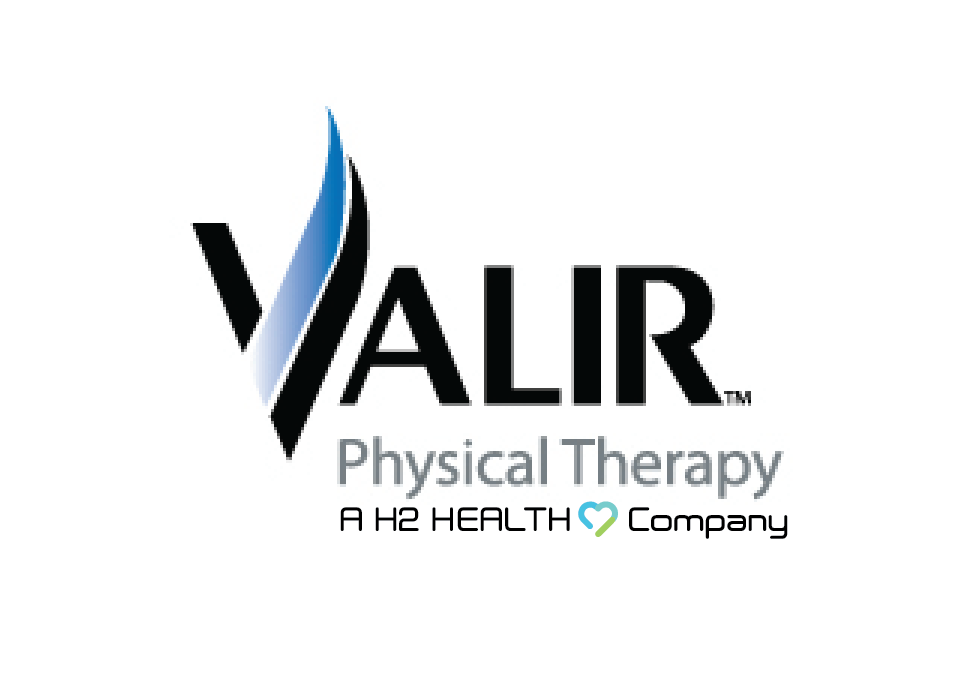
Children are naturally curious about everything around them. They like to learn new things and become better at what they do every day. However, some children might need some extra assistance to be the best they can be. That is where pediatric rehabilitation comes in.
Pediatric rehabilitation is specialized care focused on providing comprehensive care to children and adolescents with physical, developmental, or cognitive challenges. Its goal is to help children achieve their highest level of functional independence and improve their overall quality of life.
Let’s talk about common developmental and physical challenges of children and how pediatric rehabilitation can help with these challenges.
Common Pediatric Physical and Developmental Challenges
Physical and developmental challenges of children can be caused by things like pregnancy complications, heredity, premature birth, or trauma or injury. The following are some common pediatric physical and developmental challenges that require pediatric rehabilitation.
Delayed Fine and Gross Motor Skills
Fine motor skills include small movements, such as holding a toy or using a pencil, while gross motor skills require larger movements, such as climbing stairs, jumping, or throwing a ball.
Problems with fine and gross motor skills exhibit signs, such as stiff arms and legs, loose or floppy trunk and limbs, limited movements in legs and arms, the dominance of involuntary movements and reflexes over voluntary ones, and inability to bear weight on legs and stand up.
Speech and Language Problems
Speech problems or delays occur when children are unable to say as many words or produce as many sounds as would be expected for their age, while language delays occur when children experience difficulty understanding what other people say or cannot express their own thoughts and emotions to others.
Autism Spectrum Disorder
This is a neurodevelopmental problem in which a person thinks, moves, communicates, and processes senses differently from other individuals. Children with autism spectrum disorders experience delays in speech and language skills and face challenges communicating and interacting with others.
Cerebral Palsy
Cerebral palsy is a neurological disorder that occurs when damage to the developing brain occurs before or during birth or in the early years of life. This damage to the brain affects your child’s ability to move, control muscles, and maintain balance and posture.
How Does Pediatric Rehabilitation Help with Developmental or Physical Challenges?
Starting pediatric rehabilitation early in your child with developmental or physical challenges can produce a significant positive impact as early intervention addresses challenges before they become more pronounced.
Pediatric rehabilitation providers perform a comprehensive assessment to determine each child’s unique needs and then create a tailored treatment plan. The treatment plan may consist of:
Physical Therapy
A pediatric physical therapy plan may consist of exercises, stretches, massages, and other activities focused on addressing a child’s unique physical and developmental disability. Pediatric physical therapy aims to help children with motor disorders, gross motor delays, walking problems, and frequent falls, among others.
Speech and Language Therapy
Speech and language therapy is vital to pediatric rehabilitation for children with communication challenges. A speech and language therapist works with your child and teaches them how to produce sounds correctly and clearly, form sentences, and express themselves more effectively.
Occupational Therapy
A pediatric rehabilitation plan may also include occupational therapy to help children develop the skills they need to perform daily activities. An occupational therapist works with children with developmental delays, mental health conditions, and physical disabilities and teaches them various techniques to develop skills they need, such as how to use utensils, dress themselves, and build social connections.
If a child with a developmental or physical disability needs an assistive device, such as braces, wheelchairs, communication devices, or adaptive tools, an occupational therapist helps them learn how to use them correctly to enhance their abilities and independence.
Cognitive Development
Children with developmental challenges can also benefit from cognitive interventions. These interventions help them improve their problem-solving skills, learning abilities, thinking, memory, special awareness, attention, and focus.
Physically Rehabilitation Center for Kids in Texas
If your child has been diagnosed with developmental or physical disorders and you are looking for a reputable rehabilitation center that offers a comprehensive range of pediatric services, visit us here at H2 Health Kids in Texas (Borger, Lubbock, Longview, Tyler, Amarillo). We offer compassionate and comprehensive services for children with physical disabilities and developmental disorders, including physical therapy, occupational therapy, speech and language therapy, music therapy, sensory processing services, ABA therapy, and much more.
If you would like to know more about our pediatric services or want to arrange a consultation with one of our therapists, please contact our staff today at (800) 699-9395 or fill out our online appointment request form.

